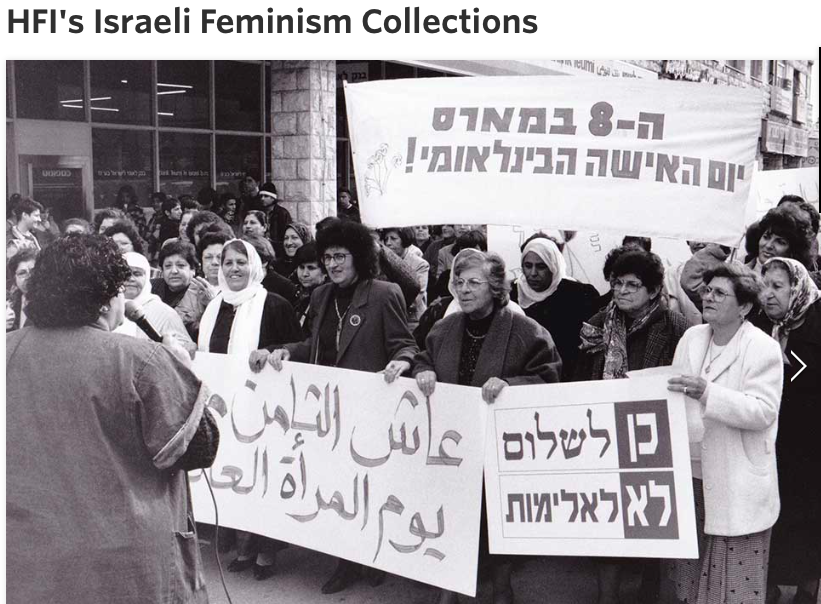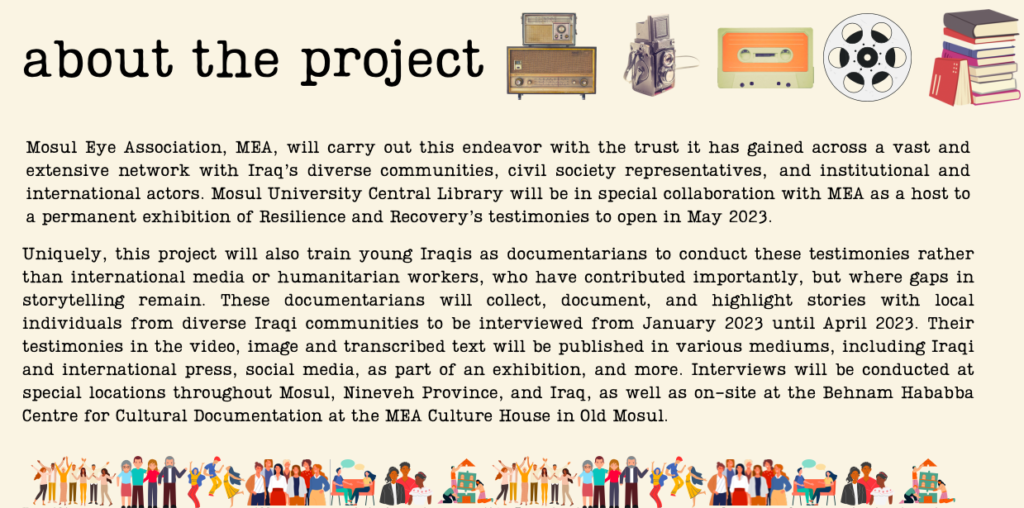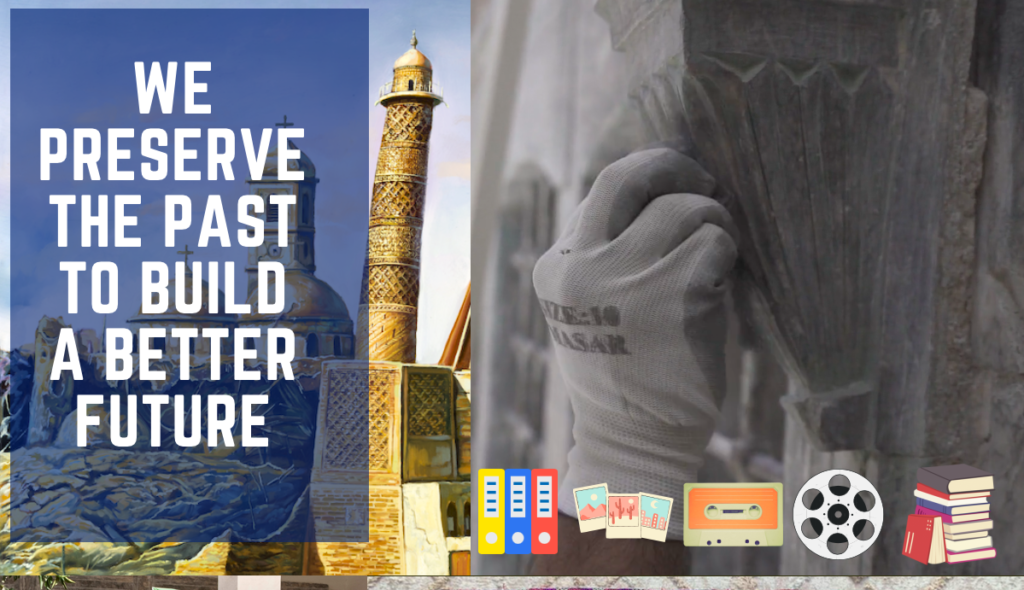Dr Sarai Aharoni, a Senior Lecturer of Gender Studies at the Ben-Gurion University of the Negev, is one of the founding members of the Haifa Feminist Institute at Isha l’Isha- Haifa Feminist Center, which is home to the first, largest and only feminist archive and library collection in Israel. Through her ethnographic research, Aharoni has worked with other scholars to uncover historical information about peace activism and the women’s movement in Israel since 1970, and she is currently leading two research projects that explore the role of archives and archiving in both women’s rights campaigning and peace-building. You can find references to some of her published research on the intersection between gender and peace below, including an ‘unofficial history of Israeli-Palestinian peace negotiations’ looked at through a gender lens, and a critique of the implementation of UN Security Council Resolution 1325 (on Women, Peace and Security) in Israel.[1]

Feminism and Peace-building in Israel
‘The fact is that there have been many women’s peace movements in Israel since the 1980s. The first movement of women to come out as a peace group was in 1982 when mothers of soldiers came out to demonstrate as Mothers Against Silence during the First Lebanon War. These women used their social role as mothers of soldiers – which in Israel is perceived as a central role for Jewish women – to say something political. This group and many others that followed really did try to bring a different voice on the prices and conditions of war. So, yes, there are women who have tried to create alternatives. Paradoxically, since Israeli women did not get a chance to participate directly in official ‘dirty’ politics of militarism and war and were driven (for various reasons) to the civil society sphere, they were able to express alternative voices representing values of empathy, fear, love, etc.’
Aharoni (2018), ‘Feminism and Israeli-Palestinian Peace‘
As Aharoni discussed with us, when she visited our Visualising Peace project team in autumn 2022, women’s rights movements and peace-activism have been entwined in Israel (as elsewhere) for decades. Alongside mothers of soldiers, many other women’s rights groups have campaigned not just against political armed conflict – and its many impacts on women – but also against other kinds of violence, including domestic and sexual violence, exploitation and human trafficking. The intersection between peace-campaigning and the women’s rights movements has proved a rich space to deconstruct understandings of conflict itself, and to visualise many new approaches to peace-building, beyond the male-dominated and often highly militarised spaces of formal peace negotiations.
How can archiving help?
According to Aharoni, archiving is itself a form of activism:
‘The Feminist Archives is a unique initiative that was started by a group of Haifa-based feminists in 2007 as a means to preserve the local history of feminism in Israel. The archive is simultaneously an activist space and a collection of thousands of documents from the 1970s until the present. These documents include various materials on paper, audio, video, posters and any other material aspect one can imagine in terms of the legacy of the movement. This collection is itself an action. Archiving is becoming a feminist practice all over the world, to preserve the past, which nobody else will do. These communities want to be remembered and they want to determine the conditions under which they will be remembered and they see themselves as keepers of this particular history.’
Aharoni (2018), ‘Feminism and Israeli-Palestinian Peace‘
In our conversation with Aharoni, we learnt that archives are a valuable resource for comprehending past attitudes and behaviours. They may also be used to demonstrate the long suffering of Israeli women, inspiring modern activists to keep addressing age-old challenges. They serve as a crucial space for women not just in Israel but all over the world to see the achievements of Israeli feminists that have largely gone unnoticed or uncelebrated, to learn from them, and to take their work forward. They make the past accessible for younger Israeli women who are living in a still hostile environment as a result of the Israeli-Palestinian conflict (among other factors); and they preserve Israel’s local feminist heritage with a view to building better futures.
‘…it is very important for me to stress that this movement is still full of ideas and has led the way to so many reforms in so many fields: rape crisis centres, hotlines for female victims of domestic violence, legal demands for equal representation and equal pay, anti-sexual harassment laws and campaigns, women in politics and more; everything from prostitution and pornography to fertility and healthcare for women. This feminist movement was built from the ground up in a long process. External forces or international institutions such as the UN did not create this movement.’
Aharoni (2018), ‘Feminism and Israeli-Palestinian Peace‘
The Feminist Archives in Israel do not have any governmental support or recognition and thus are serving as a local initiative to bring awareness to Israeli feminists’ past. As Aharoni stresses in the quotation above, the activism which they document has been similarly local and grassroots. These archives thus capture glimpses of what ordinary people have done and can do, in the face of national and international challenges, to address women’s rights, to combat conflict and foster peace, and to bring those two connected endeavours together. The strength of the local is clearly demonstrated in the archives of the Haifa Feminist Institute, and helps to question the traditional use of international institutions and organizations as the only way to strengthen the peace and security of women.
We are very grateful to Sarai Aharoni for sharing her research with us, and encourage you to explore some of the archive’s digital exhibits (one of which I have highlighted below). We learnt a lot of the intersection between feminism and peace-building from exploring these archives ourselves. And we also learnt that archiving as a practice is itself critical in visualizing peace, because it reveals hidden individual histories of the past that are often left out of mainstream peacebuilding and peace-keeping strategies and negotiations. This has led us to look at other archival projects, such as Imagining Futures and the Mosul Eye Association‘s Oral History project, as valuable peace-building interventions.
‘Who decides what gets to be remembered into the future, and to shape it?
Imagining Futures is founded on the idea that archives are negotiations about visions of the future. Whose story will continue to be told and how, and whose silenced? These become acute in moments of post-conflict displacement and reconstruction…
Imagining Futures: https://imaginingfutures.world/imagining-futures-overview/

What do you think?
- Have you ever thought about archives as a tool for peace-building? What other areas in the world would benefit from archiving like this?
- How can archiving be mainstreamed as a practice to highlight past successes of marginalized groups? Do you think that archives can serve as an empowering tool for all marginalized groups? Are there challenges inherent in archiving that might even reinforce marginalisation?
- What connections have you come across between feminism and peace-building? How important do you think women’s rights movements have been in different parts of the world in promoting peace?
If you enjoyed this item in our museum…
You might also enjoy ‘Add women and stir‘, ‘A Blank Newspaper‘, ‘The Brownie of Bodsbeck‘ and items in our ‘Campaigning and Activism‘ section.
Maddie McCall, December 2022
References
[1] Aharoni, Sarai B. “Gender and “peace work”: An unofficial history of Israeli-Palestinian peace negotiations.” Politics & Gender 7.3 (2011): 391-416.
Aharoni, Sarai B. “Who needs the women and peace hypothesis? Rethinking modes of inquiry on gender and conflict in Israel/Palestine.” International Feminist Journal of Politics 19.3 (2017): 311-326.
Aharoni, Sarai B. “Internal variation in norm localization: Implementing security council resolution 1325 in Israel.” Social Politics 21.1 (2014): 1-25.
Aharoni, S. and Johnson, A. (2018) Feminism in Israel: Feminism and Israeli-Palestinian peace: An interview with Sarai Aharoni, Fathom. Available at: https://fathomjournal.org/women-and-feminism-in-israel-feminism-and-israeli-palestinian-peace-an-interview-with-sarai-aharoni/ (Accessed: December 2, 2022).
אשה לאשה رر ,)Haifa Feminist Institute( ידע ומחקר – דף בית )2021( Haifa Feminist Institute Available at: https://isha.org.il/research_center/ (Accessed: December 2, 2022).
